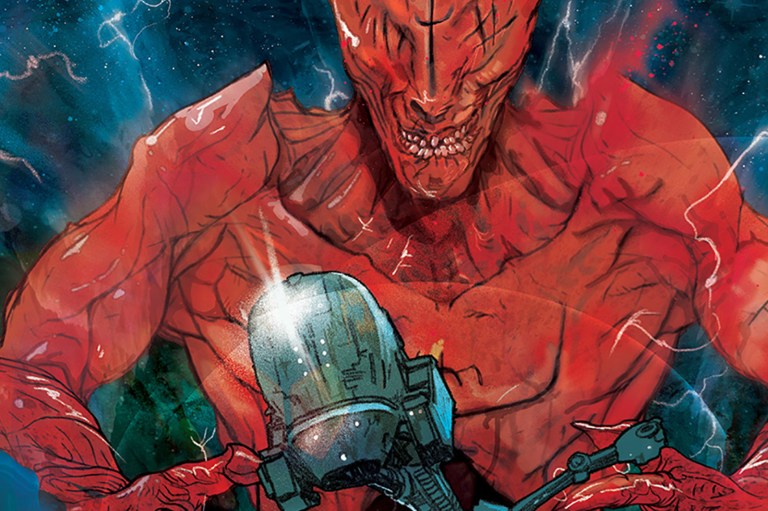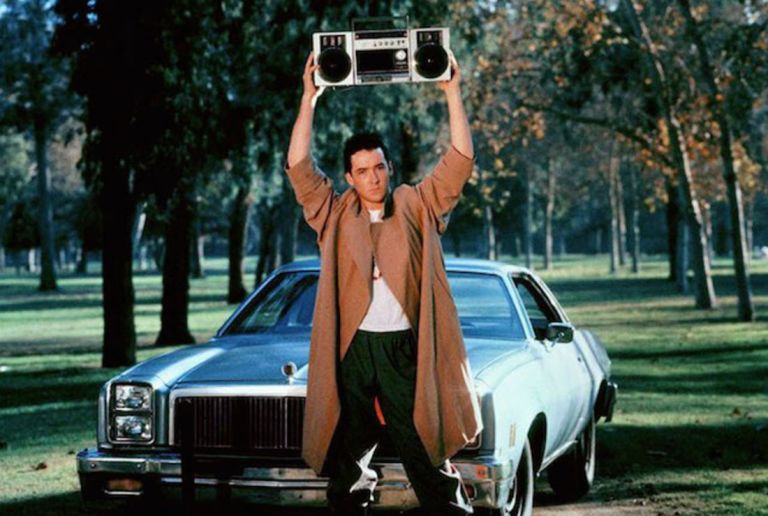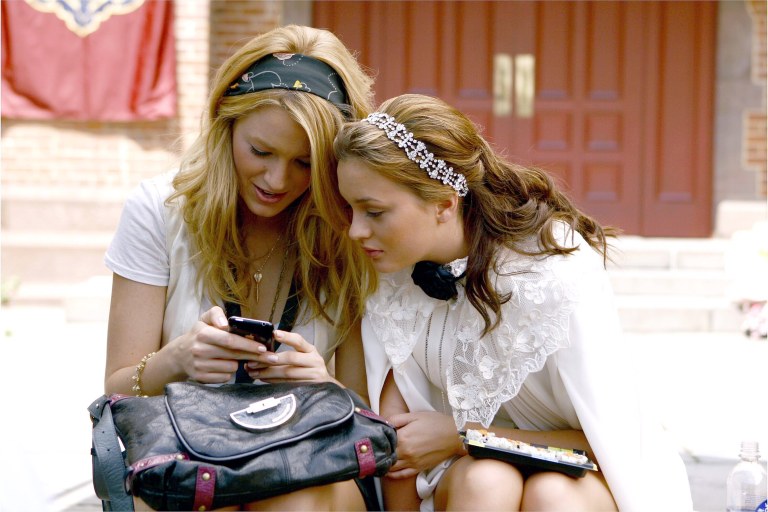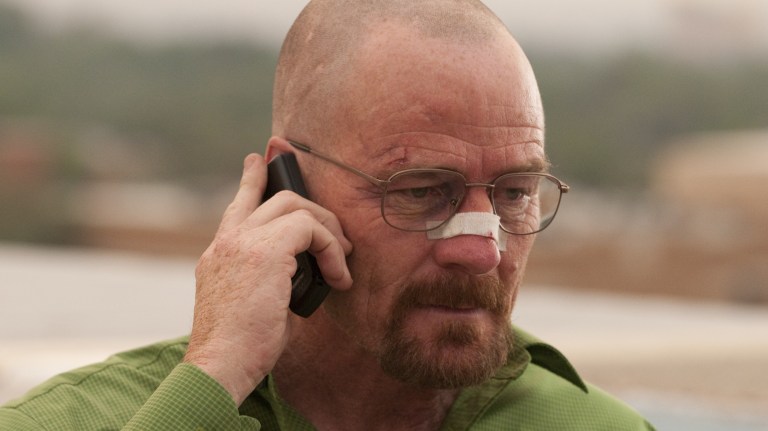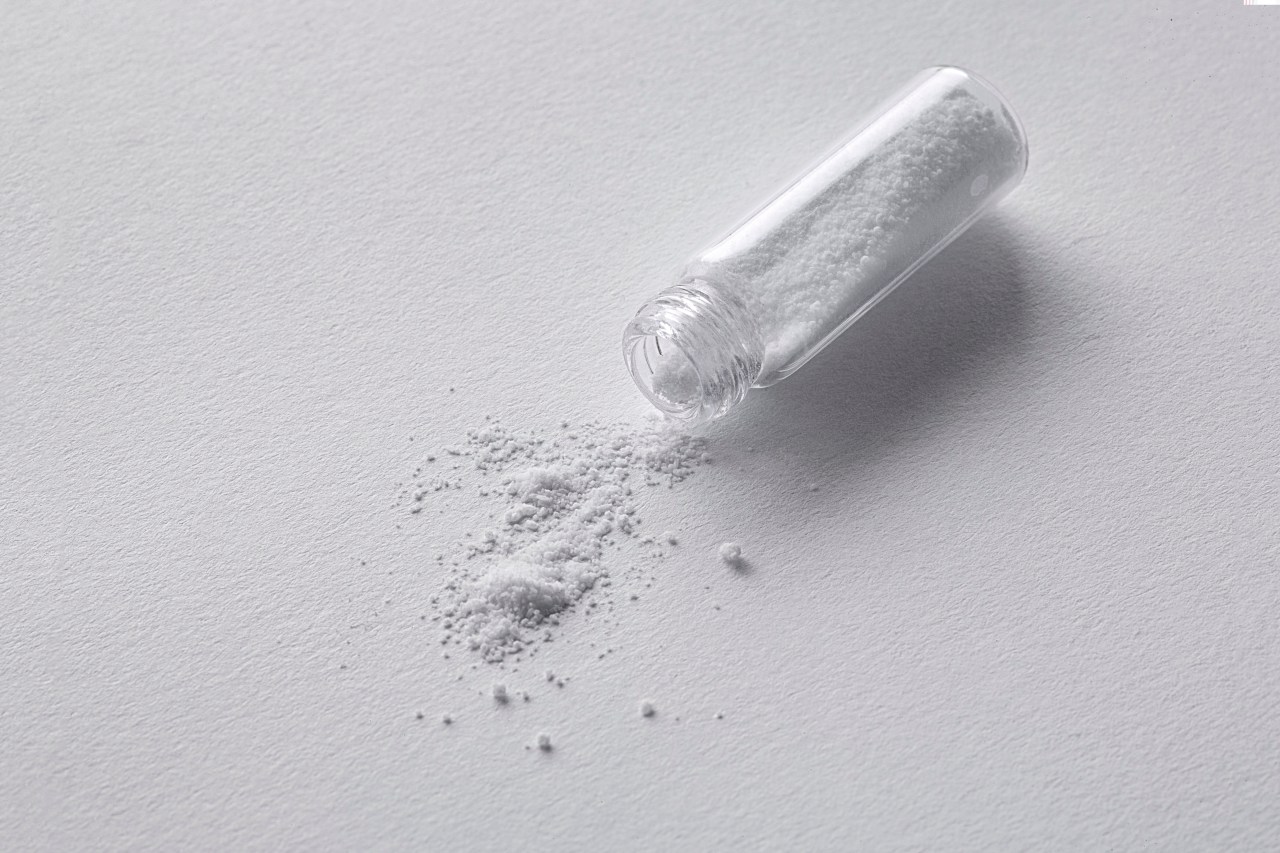
One Snort
Then who were those teenage goons sent to frighten us wee children back in grade school with tales of life-ending catastrophe and humbling community service hours spent plucking trash, orange vested, from interstate onramps as a result of being tempted by that white dragon? Were they genuine drug casualties or had they merely gotten caught?…
By Shawn Vandor
Excerpted from Fire At The End of The Rainbow, published by Sand Paper Press.
Cocaine ruined my life no more than video games or an overprotective mother ruined my life. Which is to say, not at all. Whether or not cocaine impaired my intellectual abilities (I am not a member of MENSA) is something I’ll never know, but as for my physical development (I’m six-foot-eight) I’m pleased to report cocaine has had no detrimental effects.
Then who were those teenage goons sent to frighten us wee children back in grade school with tales of life-ending catastrophe and humbling community service hours spent plucking trash, orange vested, from interstate onramps as a result of being tempted by that white dragon? Were they genuine drug casualties or had they merely gotten caught? Rumors circulated through junior high that with one snort you were addicted for life. One snort and your heart would explode.
As a twelve-year-old my world revolved around action figures,comic books, and video games, and the thought of my heart exploding was unattractive to say the least. The thought of snorting white, crystalline powder into my nasal cavity was repulsive bordering on absurd. I had no problem telling my mother, grandmother, and grandfather all eager to secure my assurance that I would never, under any circumstance, try cocaine, no matter how overwhelming the peer pressure to do it. But like all oaths sworn by young children to their overanxious parents mine was non-binding, a contract signed by a minor under emotional duress.
Many years later, I moved to New York to go to Bard College — academy to such seminal cocaine enthusiasts as Chevy Chase,Donald Fagen, and Walter Becker — and, soon after, I tried cocaine for the first time with a small, shifty literature major named Ted who had a massive black circle beneath each eye. Ted and I met one day after Proust class when we followed our professor, a noted Proustian, into the stairwell of the humanities building and wowed him with our unscripted, simultaneous enthusiasm for the somewhat obscure yet highly regarded Polish writer Bruno Schulz.
Our mutual literary interest sparked a friendship and one night Ted invited me over. We sat in his dilapidated, poorly lit basement dorm room listening to some abrasive jazz albums he had on vinyl. I was still at that point in my life when I thought jazz held some deep and unseen meaning and if I only listened to it long enough — accompanied by the correct dosage of substance — I was bound to uncover its soul-piercing riddle.
“Do you want some coke?” he asked in a voice so nonchalant he may as well have been asking if I wanted ginger ale.
I was surprised but acted like I wasn’t. Ted didn’t seem like the kind of guy who’d snort cocaine — he seemed more like a Hudson Valley antiquated bookseller, a young man who’d already begun to take on the rickety shades of his future, elderly self. Besides, jazz never struck me as good coke snorting music anyway. Nothing about the moment seemed right.
But I said, “Sure,” anyway, more interested then in racking up life experience than in staying healthy and doing the right thing though, it seemed at the time, racking up life experience was doing the right thing.
As I leaned down over that first chopped up line of white powder I thought of my younger self, my mom, and my grandparents,and how appalled and disappointed they would have been knowing what the older Shawn was about to do and how this was just like one of those after-school specials, aimed specifically at kids my age in the 1980s, which depicted a good, prospectrich young man turning lecherously to the dark side, his first step on a path leading irreversibly to a fate much worse than death. I placed a rolled up onedollar bill in my nose, said goodbye to my former self, and quickly snorted the line.
I paused to observe my potentially exploding heart. Nothing happened. I sat back and tried to gauge if I was instantly addicted. I was not. I barely felt anything though a few seconds later I had an overwhelmingly metallic taste in my mouth — what I would call “Hospital Flavor”— and I could feel a point in the center of my skull I didn’t yet know existed.
That’s it? I thought.
Like most transgressive behavior — smoking, drinking, sex, drugs — that is culturally frowned upon one moment and wildly glorified the next, my first experience with cocaine was distorted, preempted and in a way nullified by the hype and advertisement accompanying it. It was nothing like what I expected. I actually didn’t know what I expected but the dull, numbing sensation I had in my head was nothing like what I associated with images of cocaine use in movies such as Scarface or Wall Street, or in TV shows like Miami Vice, or in the massive news coverage devoted to the Central and South American drug cartels targeted in America’s War on Drugs. This was what all the fuss was about? Thiswas what America was up in arms over? It made no sense.
Later that evening Ted and I walked to a nearby dorm to visit a friend of his, a small Eastern European girl who showed us her collection of wooden hand puppets and who herself looked some what like a small wooden hand puppet, her face a smooth, pale, creaseless orb. We sat in her tiny darkwooded room in a beautiful, centuriesold manor for half an hour engaged in polite, barren conversation. I was dying to get out of there and, after waiting far too long to make my exit, I finally excused myself and headed back to my room. Hardly a sexy evening. I got a sinus infection the next day to boot, a souvenir of my virginal experience.
I didn’t do cocaine again for a while. I wasn’t tempted. Sex and food were my vices of choice, if you can even call sex and food vices. But a few years later, postcollege, while I was living with several band members in a two-story apartment building in Williamsburg, it seemed that cocaine was everywhere. There was even a nearby bar named (obviously) Cokies just off Metropolitan Avenue where, late at night, you could enter a small curtained space no larger than a department store changing room at the rear
of the bar and, huddled next to three or four sweaty partygoers,purchase and snort tiny bags of very poor quality cocaine.
I did just that several times during the summer of 2000 and,once I got past the self-revulsion I felt (or felt like I needed to feel)for spending time at such a blatantly seedy establishment, I actually grew to like the place. It’s still the only bar I’ve ever been to in New York that had such a culturally, economically, and age diversified clientele. Fifty-year-old black men danced with young Latina girls while white businessmen cavorted over the bar with the occasional post-college hipster and random middle-aged woman sprinkled in for good effect.
Like any ubiquitous, massively successful product, cocaine appeals to a demographic that is practically the human race itself — young, old, rich, poor, black, Asian, Arab, Jew. Come one, come all. All you need is a nose. Cokies was a great bar because its demographic reflected this — it was, in a way, the iPod of bars, its clientele set to shuffle. I didn’t realize at the time, however, how crappy the cocaine was. I didn’t know any better. I’d never had good stuff.
That changed a few months later when I met three friends at a huge late-night party in a Soho loft that was said to be a very recently converted whorehouse. Each bedroom was decorated in the theme of a different prostitute—frillies and lace in one room, whips and chains in the next. There were hundreds of people lining the hallways, bouncing on the dance floor, hanging out of windows. It seemed like a young fashion / art / Hollywood scene. There were a lot of impossibly beautiful girls of unknown Eastern European / Russian descent, skinny boys with asymmetrical hair cuts and loads of designer clothes. It was summertime and my friends and I had been going to a lot of parties and none of us felt like we needed to stay particularly long at this one. Our ringleader, Gaby, who invited us to the party in the first place, bought some cocaine and invited us back to her godmother’s Soho loft. Her godmother, a famous contemporary artist, lived in a massive, luxurious space, larger than twenty average Manhattan apartments put together.
None of us were particularly rambunctious that night and when we got back to Gaby’s godmother’s loft we sat around on the couch watching cable TV, content with rock videos and sitcom reruns. None of us touched the considerable little white mountain on the coffee table and it seemed as if we were all seconds from calling it quits and having a good night’s sleep but instead, for some reason, my inner-cheerleader made a rare appearance. I said, “Come on. Let’s do this.”
I grabbed the bag and divided it up into four moreorless equal piles, giving myself, of course, a slightly more-than=equal pile. I was starting to feel somewhat experienced doing cocaine from my various visits to Cokies and I felt my user status had been upgraded from novice to intermediate — an asinine conclusion in hindsight. After a quick glance around the coffee table in which we all exchanged trepidatious-yet=excited glances — glances that said both hello and goodbye, yes and no —I leaned over and immediately vacuumed the considerable white slug from the plastic CD case before me.
I was instantly high and sat back deep into the couch not so much out of choice but because I had to. I was no longer sitting in a room with three of my friends but was, rather, thirty thousand feet up in the cloud-dappled blue heavens. It felt like I’d just stepped from the hull of an aircraft. I thought of the Tom Petty song “Into the Great Wide Open.” My entire body chimed with a hypersensitive wavelike tingle. Then, without warning, I began to fall hard and fast. I moved from couch to floor feeling as if I weighed a thousand tons, falling rapidly, faster and faster, towards the earth. I closed my eyes and told myself that it was just the drug working its effect on my brain and that it would soon be over. After some time my frighteningly meteoric descent began to slow and the full-body tingle that lapped in waves began to cease. I took a series of deep breaths, grateful that the high was coming to an end.
Joseph Stalin, after seeing the Swiss Alps in person for the first time said something to the effect of: “That was the most beautiful thing I’ve ever seen. I never want to see it again.” I feel similarly about cocaine. That high was the highest high I’d ever had and I have no desire to feel it again. Maybe that’s the difference between someone who has an addictive personality and someone who doesn’t. I don’t know. The dictionary definition of the word snort means “to express contempt, indignation etc.,” and it’s easy for me to imagine snorting cocaine as an expression of contempt or one’s normal state of being, as if some other, better, heightened sensory awareness were achievable; as if life itself, as is, were not enough.

